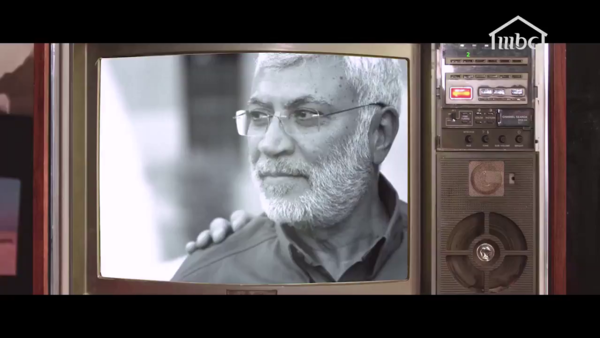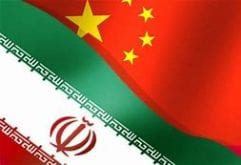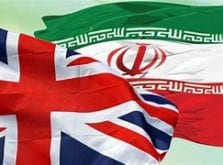Al-Arabia – An MBC TV show has prompted furious reactions from several Iran-backed political groups and media outlets in the Middle East for discussing historical events including a terrorist attack in the 1980s.

‘Malek Beltawilah,’ which means “long story short” in Arabic, is a family educational show that airs during the Islamic holy month of Ramadan. It covers a range of topics including history, religion, and influential public figures.
For all the latest headlines follow our Google News channel online or via the app.
“We try to promote the values of love, peace and sacrifice for the sake of homelands and noble ideas,” show host Malek al-Rougui told Al Arabiya English. “And, we fight sectarianism and religious extremism through a number of episodes.”
Friday’s topic was on the life of prominent Arab poet Nizar Qabbani. The episode touched on the 1981 suicide bomb attack against the Iraqi Embassy in Beirut in which Qabbani’s wife was killed. Iraqi militia leader Abu Mahdi al-Mohandes, killed by a US airstrike in January, was one of the people responsible for the attack. He was the commander of the Iranian-backed Popular Mobilization Units (PMU) militias in Iraq, known as Hashd al-Shaabi in Arabic.
Read more: Iran’s Soleimani and Iraq’s al-Mohandes killed in air strike
Both the PMU and Asaib Ahl al-Haq, led by Qais al-Khazeli, who is allegedly responsible for killing and kidnapping demonstrators in Iraq, issued statements after the episode aired condemning the show and calling for it to be blocked in the country.
Despite the criticism, the show is popular in Iraq, especially among millennials whom have widely discussed it, according to al-Rougui.
Meanwhile, Iran-backed Lebanese TV channels al-Mayadeen, al-Manar and al-Alam brought on guests and dedicated entire show segments to discuss ‘Malek Beltawilah’.
Al-Mayadeen showed a montage of clips showing al-Mohandes from one of the episodes and captioned it: “The distortion of the symbols of resistance.”
Another historical episode also caused a stir in Turkey.
Turkey’s official Anadolu News Agency objected to an episode that discussed the 1818 massacre in Saudi Arabia’s Diriyah, when the Ottoman-backed Ibrahim Pasha massacred the people of the city after Abdullah bin Saud surrendered. The Turkish news agency launched an online campaign against the MBC show using fake social media accounts, according to al-Rougui.
Al-Rougui said that because the show is successful, it will inevitably be criticized despite being an educational service.
“We try to provide knowledge and culture in a simple and straightforward form for the Arab youth without directing their minds,” he added. “We motivate them to think about what’s going on around them.”
 Shabtabnews In this dark night, I have lost my way – Arise from a corner, oh you the star of guidance.
Shabtabnews In this dark night, I have lost my way – Arise from a corner, oh you the star of guidance.


